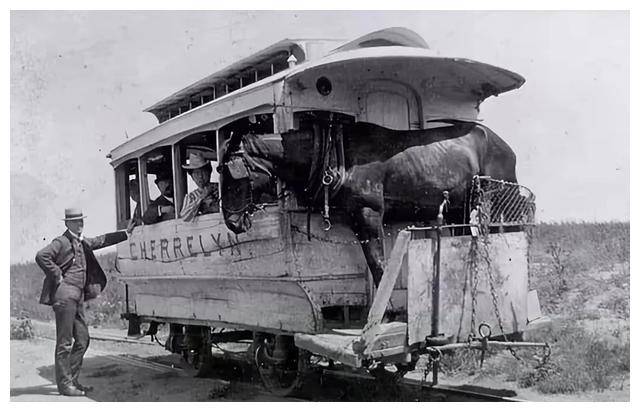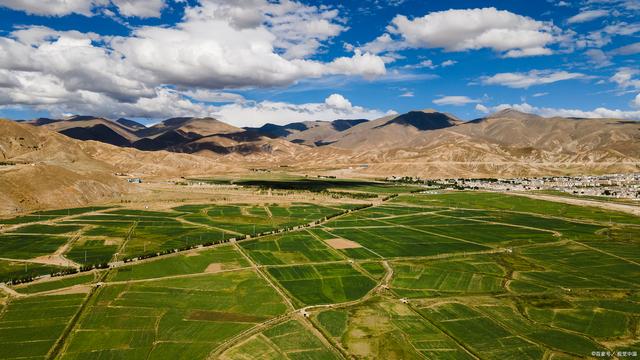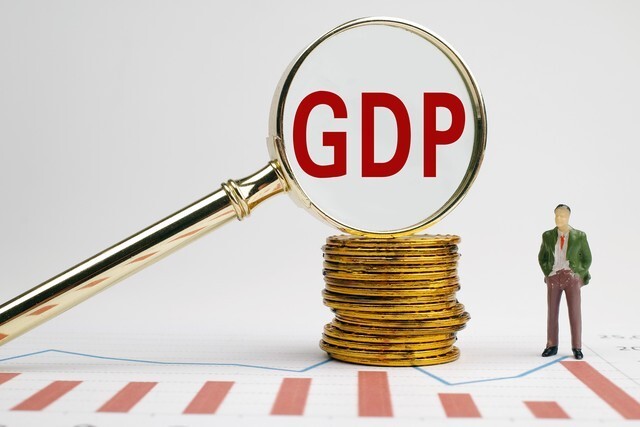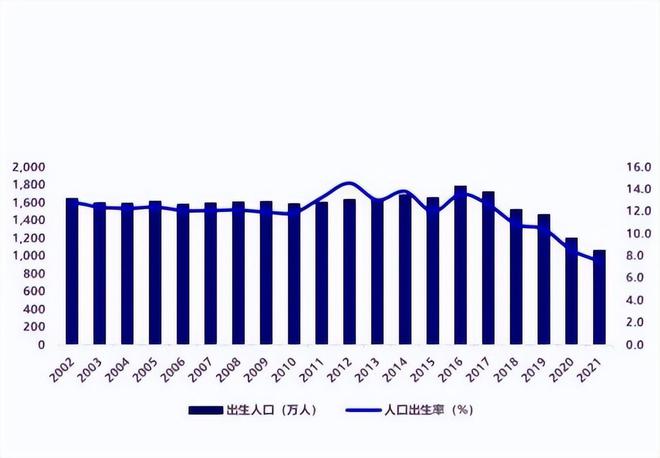A Brief History of Britain (English and Chinese Edition)

Britain, an island country with a long and complex history, has played a pivotal role in shaping modern civilization. This article aims to provide a concise overview of British history in both English and Chinese, highlighting key events, figures, and developments that have shaped the nation.
1.The Origins and Early Settlements
The history of early Britain is marked by a succession of waves of settlers. The first known inhabitants were the Iberians around 5000 B
C.Subsequently, the Beaker Folk from present-day Holland and Scandinavia arrived, followed by the Celts in around 700 B
C.The Celts brought with them their unique culture and language, leaving a lasting impact on the island's cultural landscape.
2.The Roman Conquest and Influence
The recorded history of Britain began with the Roman invasions. Julius Caesar attempted to conquer Britain twice in 55 and 54 BC, but it was not until AD 43 that Emperor Claudius successfully established Roman rule. The Romans built numerous infrastructure projects, including roads, baths, and towns, and also introduced Christianity to the island. However, their influence was limited as they treated the Britons as a subjugated people and did not significantly impact the local language or culture.
3.The Anglo-Saxon Period
After the fall of the Roman Empire, Britain entered the Anglo-Saxon period (circa 449-1066 AD). This era saw the migration and settlement of three Germanic tribes: the Angles, Saxons, and Jutes. These tribes established several kingdoms, such as Wessex, Mercia, and Northumbria. The Anglo-Saxon period laid the foundation for the modern English race and language.
4.The Viking Invasions and Danish Rule
The Anglo-Saxon period was punctuated by Viking raids and later Danish rule. The Vikings began plundering the coasts in the late eighth century, and by the mid-tenth century, Danish kings had gained control over large parts of England, leading to a period known as the Danelaw. This interlude came to an end in 1042 when Edward the Confessor ascended the throne, restoring Anglo-Saxon rule.
5.The Norman Conquest
One of the most significant events in British history was the Norman Conquest in 106
6.William the Conqueror, the Duke of Normandy, defeated King Harold II at the Battle of Hastings, leading to a profound transformation in English society, law, and government. The Normans introduced feudalism, built castles, and imposed their language and culture on the Anglo-Saxon populace. This conquest laid the groundwork for the development of the modern English state.
6.The Medieval and Tudor Eras
The medieval period saw further consolidation of royal power and the establishment of the common law. The signing of the Magna Carta in 1215 marked a significant step towards limiting monarchical authority and establishing legal protections for subjects. Under the Tudor dynasty (1485-1603), England experienced a period of cultural and artistic flourishing, as well as religious upheaval with the Reformation, which led to the Church of England breaking away from Papal authority.
7.The Stuarts and the Glorious Revolution
The 17th century witnessed political turmoil under the Stuart dynasty, culminating in the English Civil War (1642-1651), which pitted Charles I against Parliamentarian forces led by Oliver Cromwell. The war ended with the execution of Charles I and the establishment of the Puritan Commonwealth. In 1660, however, the monarchy was restored under Charles I
I. The Glorious Revolution of 1688 resulted in James II being deposed and William III and Mary II assuming the throne, leading to the establishment of constitutional monarchy and the Bill of Rights, which further curtailed royal prerogatives.
8.The Industrial Revolution and Imperial Expansion
The 18th and 19th centuries marked Britain's rise as a global superpower due to its leadership in the Industrial Revolution. Technological innovations in textiles, iron production, and transportation transformed Britain into the world's foremost industrial nation. Simultaneously, Britain expanded its empire across Africa, Asia, and the Americas, establishing colonies and trading posts that cemented its dominance in global trade and politics.
9.The Modern Era and World Wars
The 20th century saw Britain confront two World Wars. In World War I (1914-1918), Britain fought alongside its allies against Germany and emerged victorious but at great human and economic cost. World War II (1939-1945) again plunged the nation into conflict, with Britain standing firm against Nazi Germany until Allied victory. In the post-war period, Britain embarked on a path of decolonization and reconstruction, joining international organizations like NATO and the European Union while grappling with social and economic challenges.

In summary, Britain's history is characterized by a series of invasions, conquests, and transformations that have shaped its identity. From its early Celtic roots to becoming a global imperial power and eventually a modern democratic nation, Britain's historical journey reflects resilience, adaptability, and a continuous evolution in response to internal and external pressures. Understanding this rich past provides valuable insights into the complexities of contemporary British society and its contributions to world history.
标签:#福地阅读网












评论列表